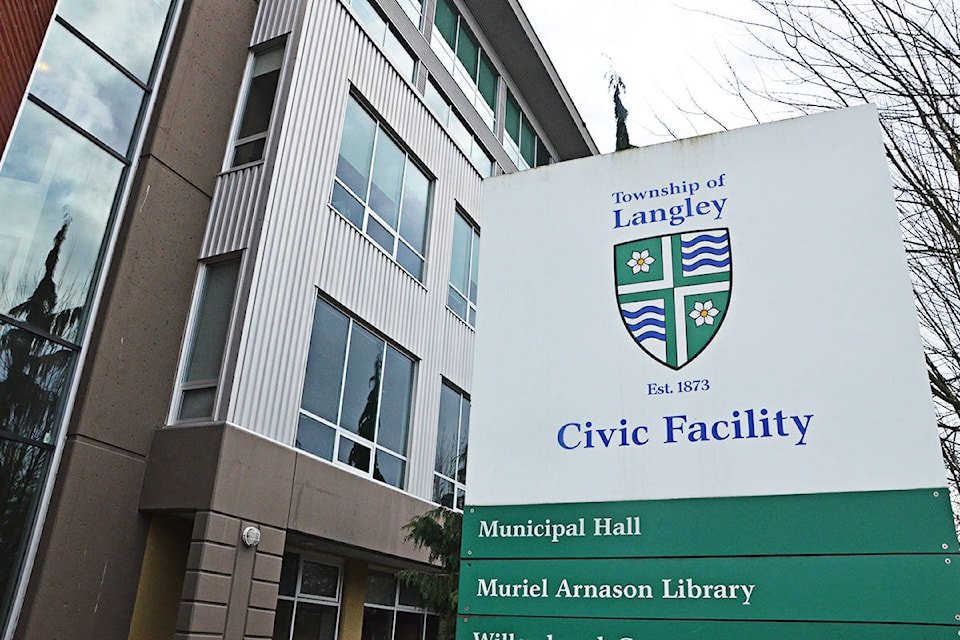Langley Township is dealing with unexpected costs after new grandstand seating was hit by tariffs tied to the ongoing Canada-U.S. trade dispute. The Township council recently approved an extra $63,000 in funding to cover the increased price caused by Canadian counter-tariffs on American steel and aluminum.
The two sets of portable bleachers were ordered earlier in the year. At that time, local officials believed they would not be affected by new tariffs. However, since the majority of the parts are made in the United States, the order was caught up in trade-related charges.
According to Jason Winslade, the Township’s manager of municipal administration, this is the first time Langley has seen such a large tariff-related expense.
“Most of the tariffs we’ve seen before have only added a few hundred to a couple thousand dollars,” Winslade told the council during a July 21 meeting. “This one is the first that’s really significant.”
The seating was intended for public events in the summer and early fall. Delays have already affected Canada Day celebrations, as staff tried to reclassify the items to avoid the tariffs. That effort failed.
Councillor Kim Richter asked whether the Township could hold off until the trade situation improves.
“Can we wait until that agreement is settled, which sounds like it could be coming this summer sometime?” she asked.
Winslade explained that delaying further could impact more events. He also noted that the company supplying the seating is Canadian, but the parts come from the U.S., which triggered the added charges. It was also the only bidder for the contract. Canceling the deal would mean starting the entire process over again.
Staff have taken steps to avoid tariffs where possible. For example, a planned purchase of a grass mower for local parks was switched to a different supplier who was not affected by the trade measures.
“Wherever possible, staff are pivoting,” Winslade said.
In this case, the Township will pay the added cost, but it will also apply to the federal government for relief. Ottawa offers limited reimbursement for tariff-related expenses if the goods cannot be sourced in Canada or from non-U.S. suppliers. There are also provisions for help in special cases where the costs could hurt Canada’s economy.
Still, the report to council noted that there’s no guarantee any relief funds will be approved.
The current trade tension began earlier this year when U.S. President Donald Trump introduced tariffs on key Canadian exports like steel, aluminum, and automobiles. Canada responded with its own list of tariffs targeting American products. Trump has since threatened an even steeper 35% tariff on many Canadian goods. Meanwhile, Canadian Prime Minister Mark Carney has warned that the two countries might not finalize a new trade deal anytime soon.
The Langley seating issue shows how even local governments are feeling the impact of the larger trade dispute. For now, Township leaders are moving ahead with the current plan to avoid further delays, while hoping for some form of cost relief from the federal level.

